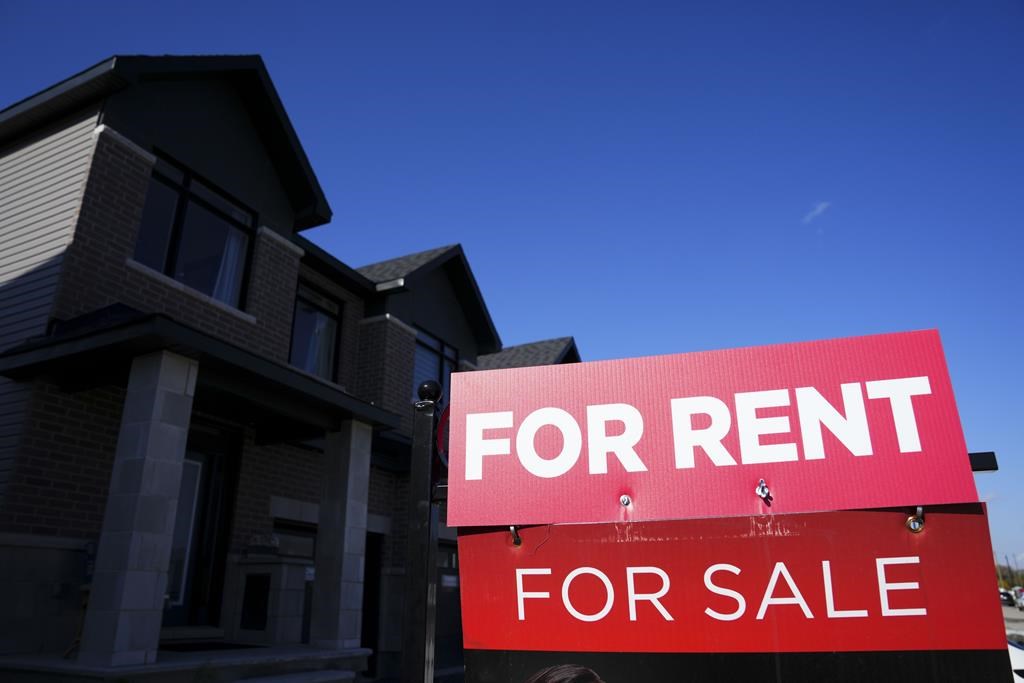Feds will ask the Supreme Court to vet its plans for Senate reform
Posted Feb 1, 2013 6:24 pm.
This article is more than 5 years old.
OTTAWA – The Conservative government is asking the Supreme Court to rule on the constitutionality of its Senate reform proposals, amid pressure from the provinces, the opposition and even some of its own senators.
The justices are being asked to consider a range of questions on points including Senate term limits, elections, and how one would abolish the whole place. The Supreme Court could take up to two years to provide an opinion.
Prime Minister Stephen Harper first introduced proposals for reforming the Senate in 2006 when the Conservatives came to power. At the time the Liberals had the majority in the upper chamber, and said they would vote down the legislation unless the government got a Supreme Court opinion first.
The Tories refused to do that, and proceeded with more announcements about Senate reform.
Even after achieving a majority in both the Commons and the Senate, the Conservatives did not push the legislation through as they have for other contentious bills. Some Conservative senators groused about the reforms, questioning their constitutionality.
Quebec, meanwhile, made its own reference to the Quebec Court of Appeals on the federal reform package.
Tim Uppal, minister of state for democratic reform, said Friday the government decided it was time to gain some clarity on the issue.
“Despite our efforts to advance change through comprehensive debate in the House of Commons, it is clear that action is needed to compel reform,” Uppal told reporters Friday.
“We believe the clarity achieved as a result of the reference will allow debate to proceed on the basis of the merits of reform, rather than the process for reform.”
Liberal MP Stephane Dion called it “ridiculous” that the government is blaming the opposition for holding up its bills in a majority government. He said the government is likely going to hear its bills are unconstitutional.
“The Senate doesn’t belong to Parliament, it belongs to the Canadian federation. So changing the character of the Senate requires the approval of the partners in the federation,” said Dion.
He added that making the Senate elected could have grave circumstances for the political system, since both the Commons and the Senate could wind up deadlocked on certain decisions. Larger provinces such as Alberta and B.C. who do not have senators proportionate to their populations would be poorly represented.
The government would like to introduce nine-year term limits for new senators, regardless of their age. It would also like to introduce a framework by which the provinces could elect senators to send to Ottawa.
The Supreme Court will offer its opinion on a bill that fixes terms, whether the federal government can enact legislation that would allow it to consult the provinces on Senate appointments, and whether it could enact legislation allowing the provinces to hold elections.
Perhaps the most surprising question is on how a government could go about abolishing the Senate. The Tories had made a veiled threat in the past about simply doing away with the upper chamber if their reform plans continued to be blocked. The NDP is firmly in favour of abolition.
The questions put to the Supreme Court on abolition deal with how to bring in an amendment to the Constitution to eliminate the Senate.










